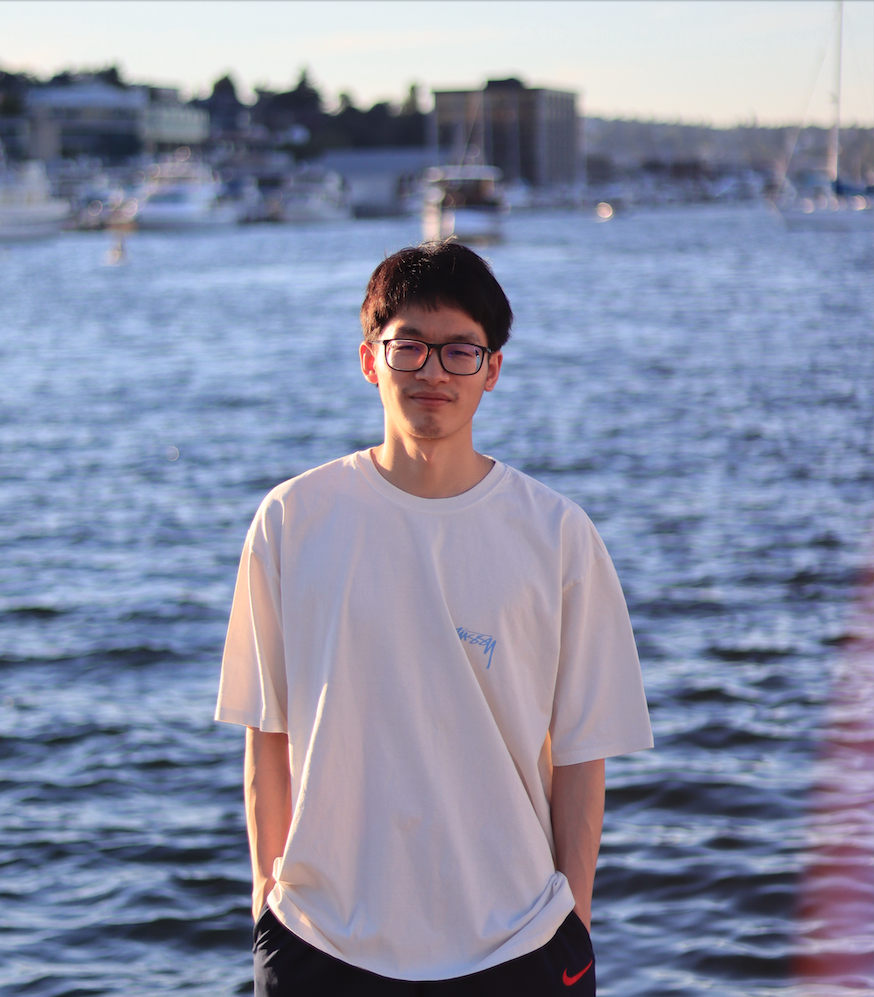
About Me
I obtained my Ph.D. in Computer Science from University of Rochester. I am very happy to announce that I will join Shanghai Jiao Tong University as a tenure-track assistant professor in John Hopcroft Center for Computer Science in Spring'24.
During my Ph.D., I worked with Prof. Yuhao Zhu who really shows me the intricacy and excitment of computer system and computer archtecture. My main research interest is about Mobile Visual Computing. This topic is not only about how machines perceive visual information, but also how machines present visual information to us! My current interests include but are not limited to in-sensor computing, point cloud-based computing and XR rendering. In my leisure time, I also play basketball and program for fun 🏀💻🏀💻.
Before I came to U of R, I obtained a Master degree from Carnegie Mellon University in Material Science. I worked with Prof. Rollett as a researcher on scientific computing.
Contact Details
Yu Feng
3002 Wegmans Hall
Rochester, NY 14620 US
(412)706-4492
yfeng28@ur.rochester.edu